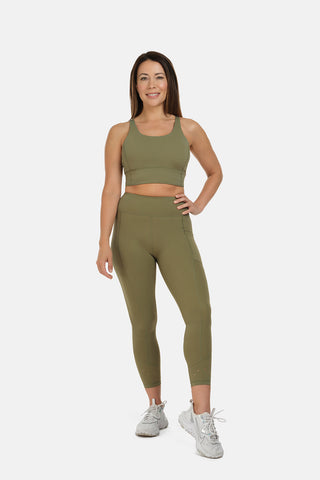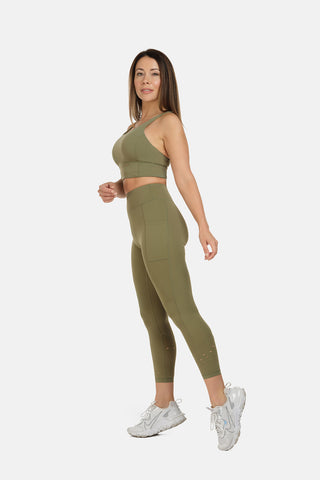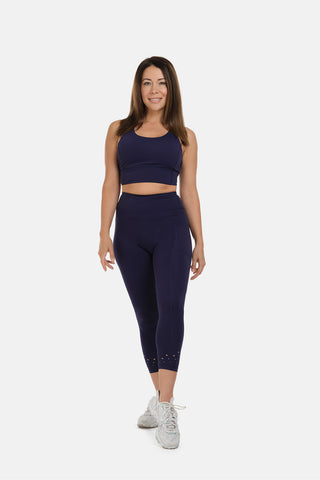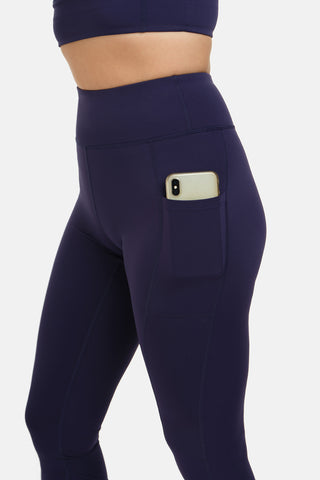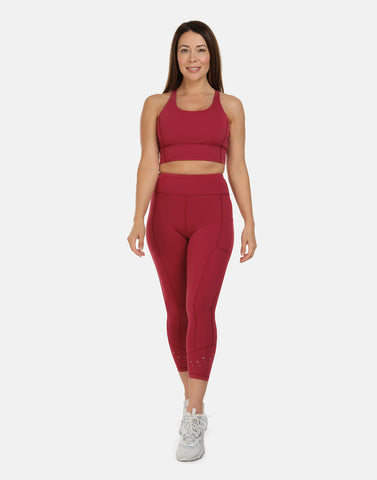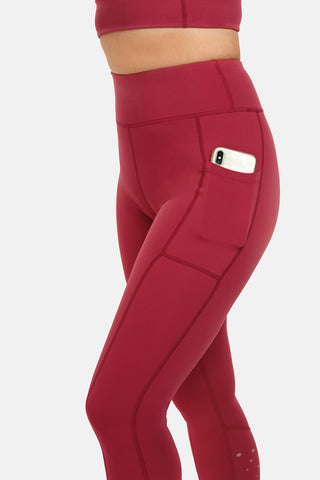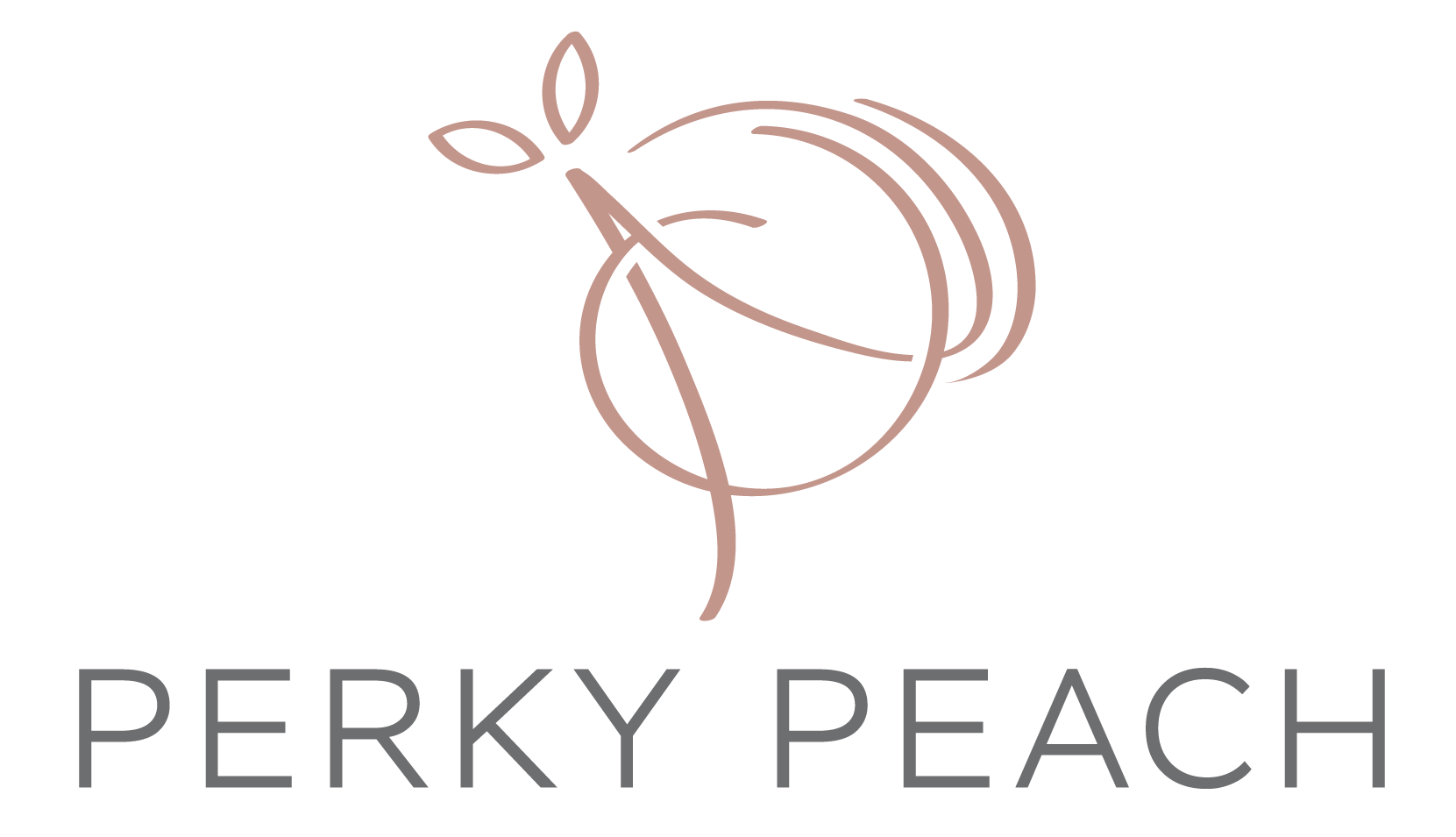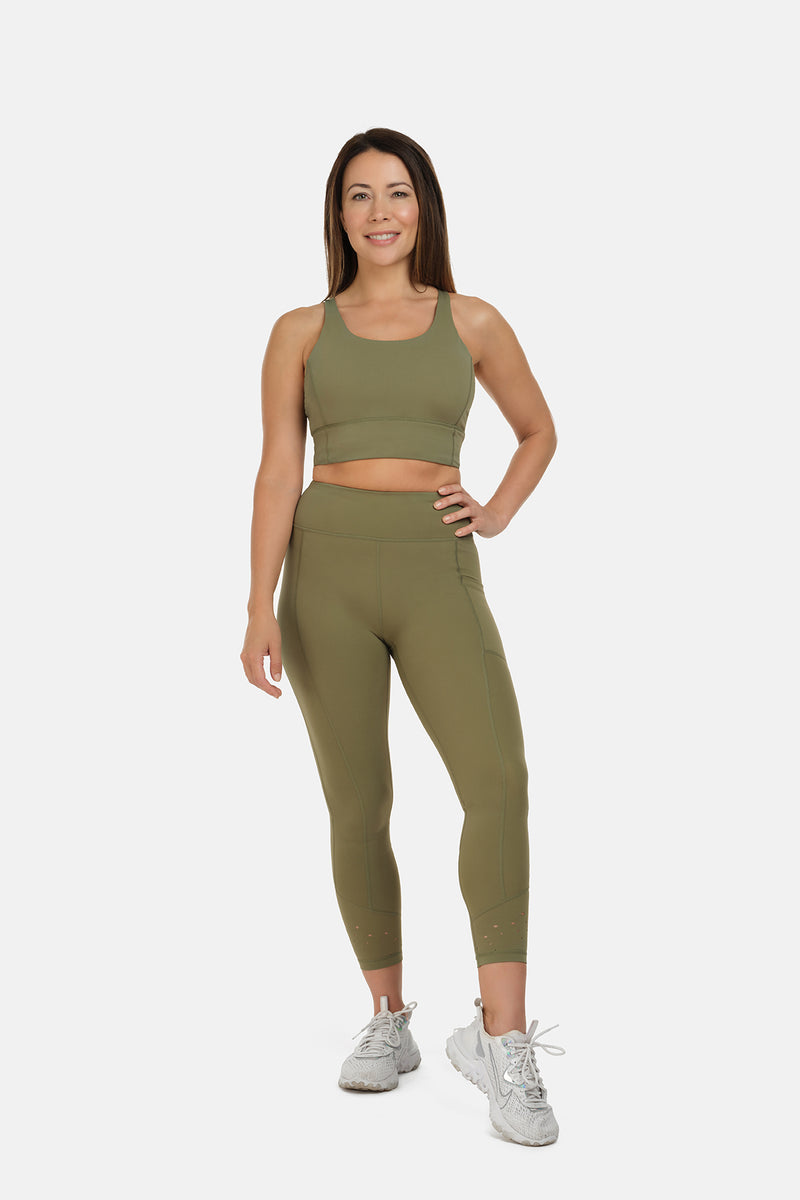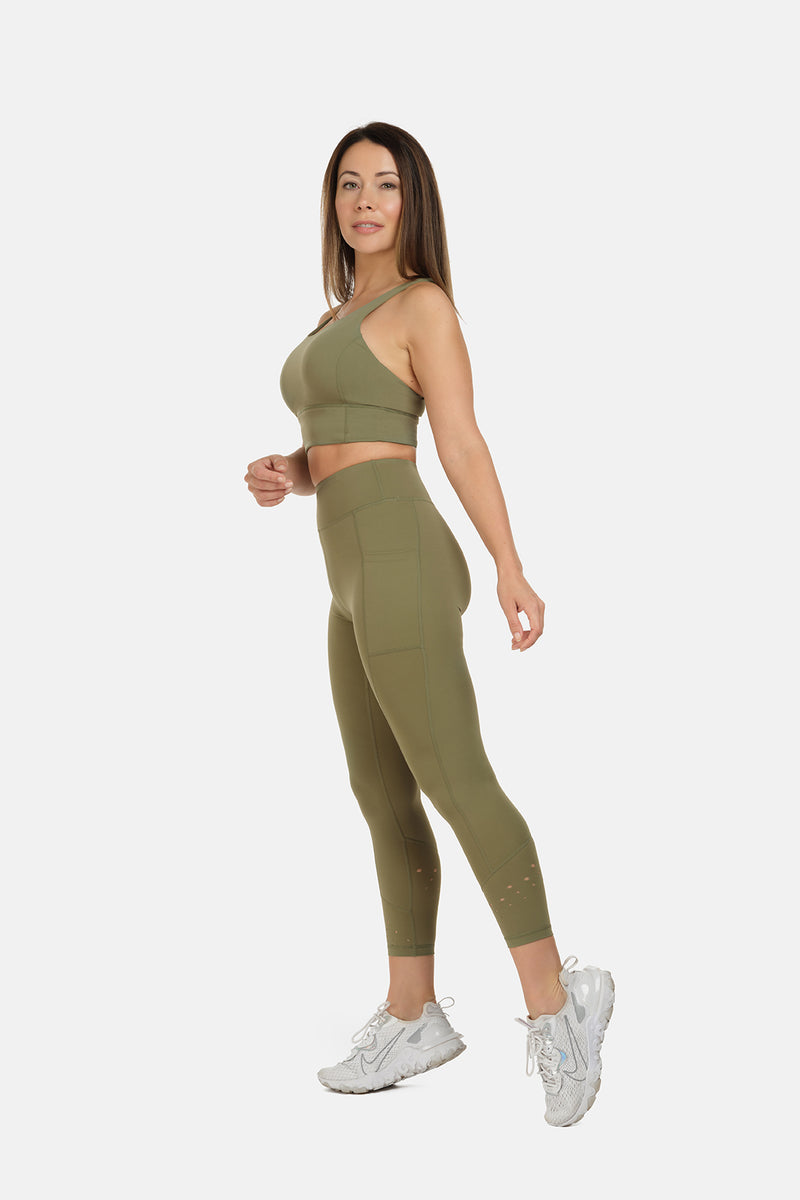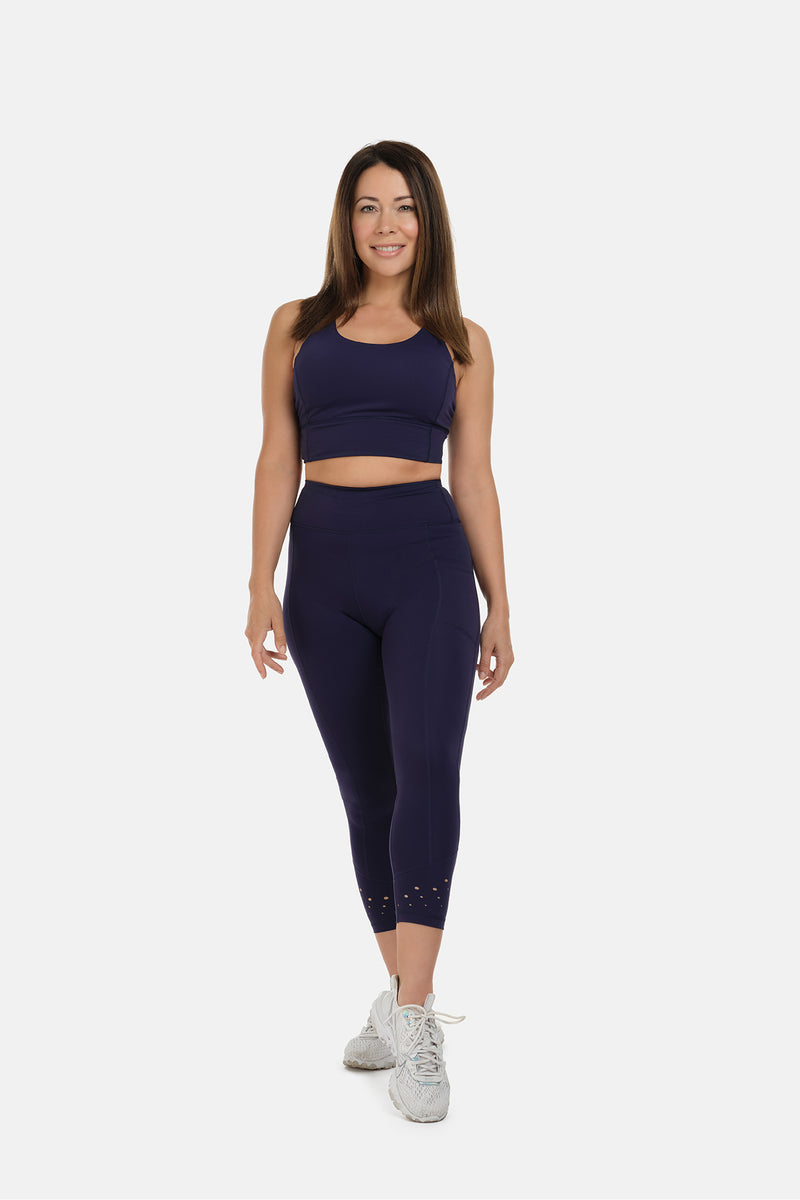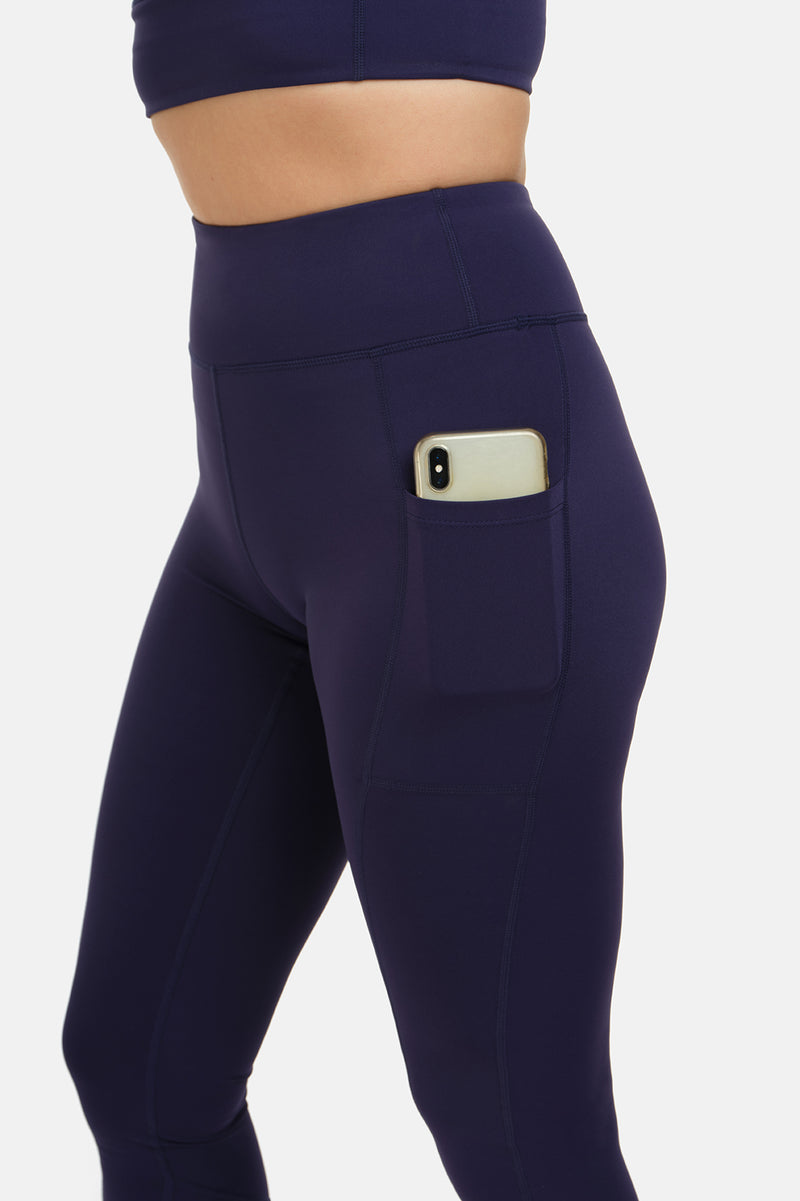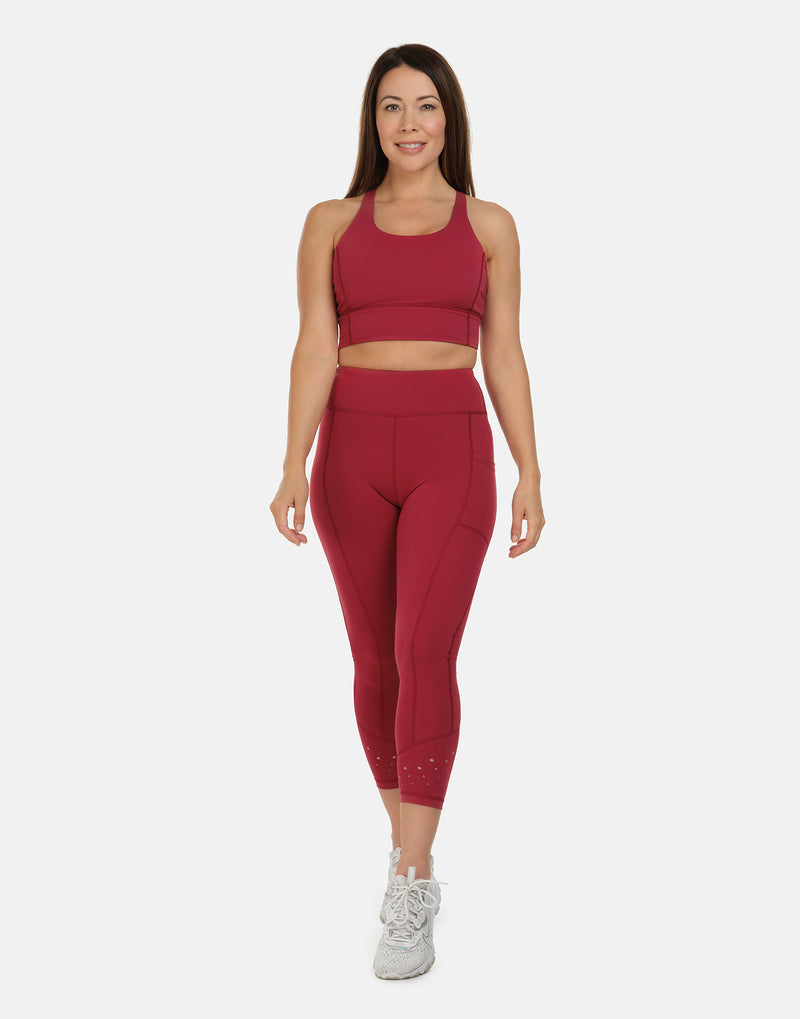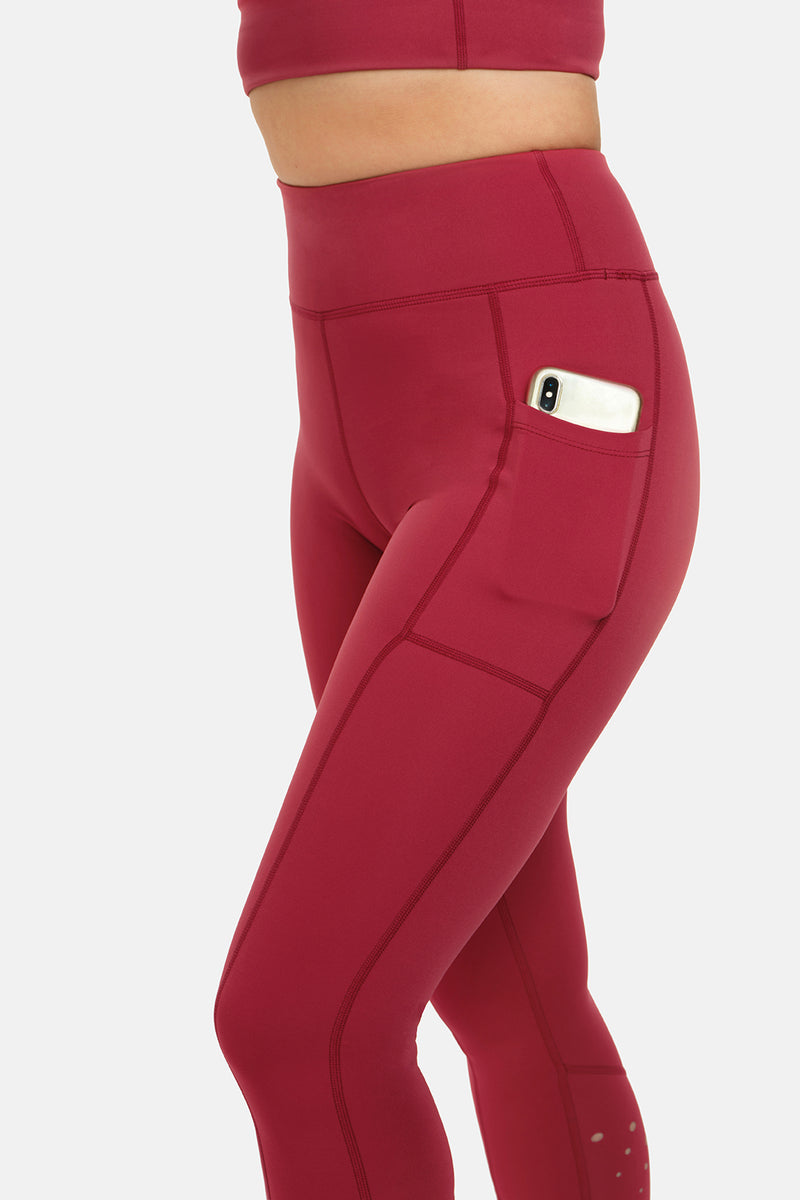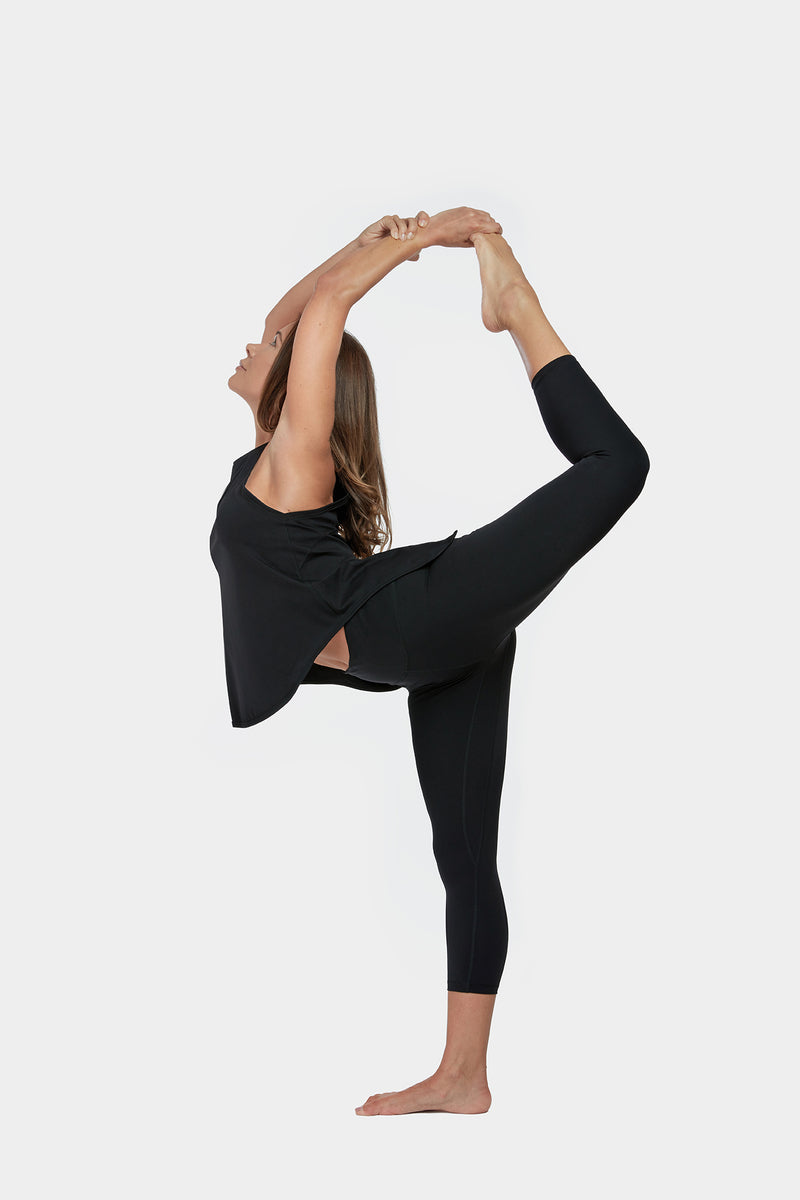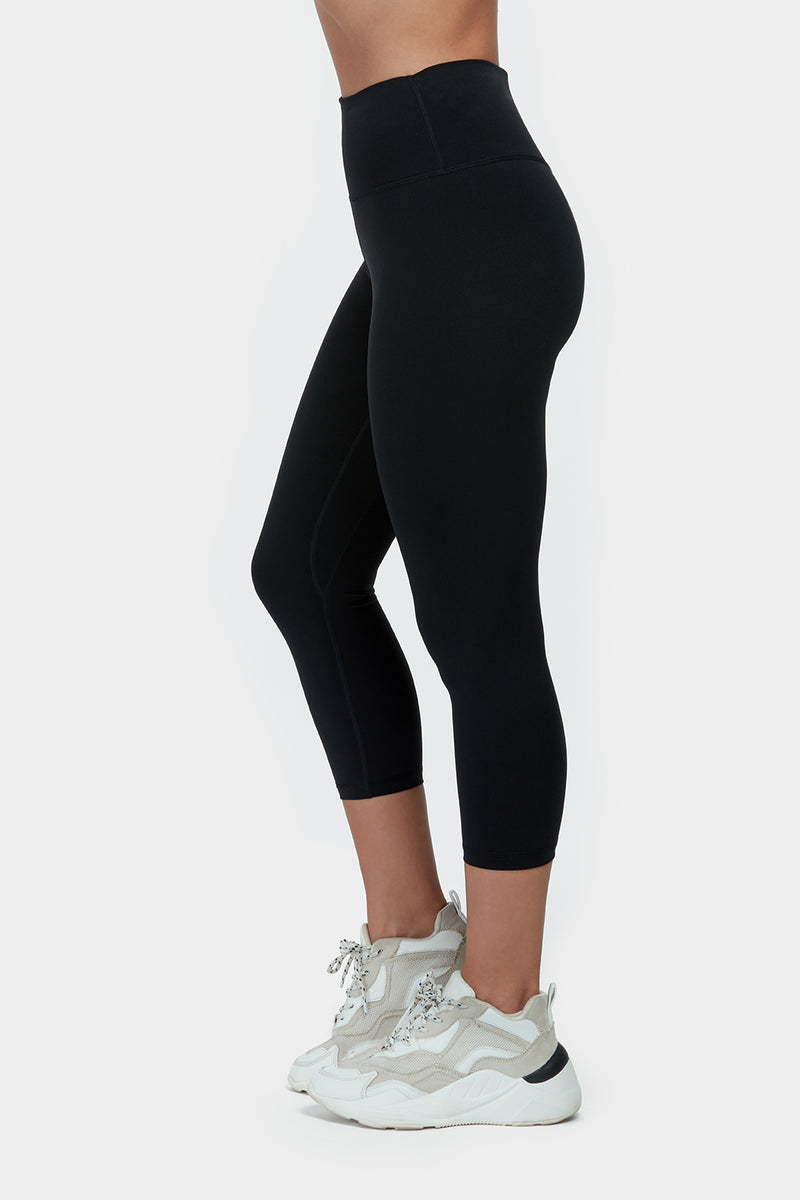Plastic Free July
July sees the annual plastic-free challenge aimed at helping people reduce the amount of plastic waste they produce. Are you feeling a bit daunted by the challenge of cutting out plastic for a month?
Well, first it’s important to understand what ‘plastic-free’ really means – or what it doesn’t mean.
It doesn’t mean living entirely without plastic. That’s nigh-on impossible in today’s world.
It means, really, living ‘plastic-smart’ – or, more specifically, avoiding unnecessary plastic.
Here are some tips to help you on your way:
1. Don’t try to be perfect.
It’s a tall order to buy no new plastic for a month.
Our pace of life means we rely, to varying degrees, on convenience – and plastic is the ultimate material for providing that. So, if it’s simply too much to forego plastic packaging entirely, try to commit to cutting out a few things.
Easy wins might include avoiding bottled water or fizzy drinks and refilling your own bottle at home, or making your sandwiches at home rather than buying a plastic-wrapped lunch – and using your Tupperware rather than cling-film.
Think about what you actually need and whether any of it really falls into the category of ‘desire’ – stuff you think you need, because it brings some fleeting pleasure, but may in the longer term be hurting your pocket or your body or the planet.
2. Think ‘plastic-smart’ rather than ‘plastic-free’.
It isn’t easy to buy bread that isn’t wrapped in plastic when the only time you get to buy food is spent in a weekly rush round the supermarket, and how many of us will buy a box of cereal this month?
Are we saying we should be avoiding these altogether in July, or can we use this month as a chance to think more closely about our consumption of this plastic and how it might be put to other uses?
Think about how you can reuse the plastic you have already.
Avoiding plastic is easier for some people than for others. There is plastic everywhere we turn. ‘Plastic-free’ is a bit misleading in that it isn’t really about living entirely without plastic, but about avoiding as much as possible bringing unnecessary plastic into our lives.
3. Understand that the point isn’t really to seek an alternative to plastic so much as it is to reduce our consumption of the products it contains.
What the packaging contains is often at least as environmentally harmful as the packaging itself, and whatever the packaging is made from will cause harm in one way or another – whether that’s in production, transportation, disposal or all of these.
